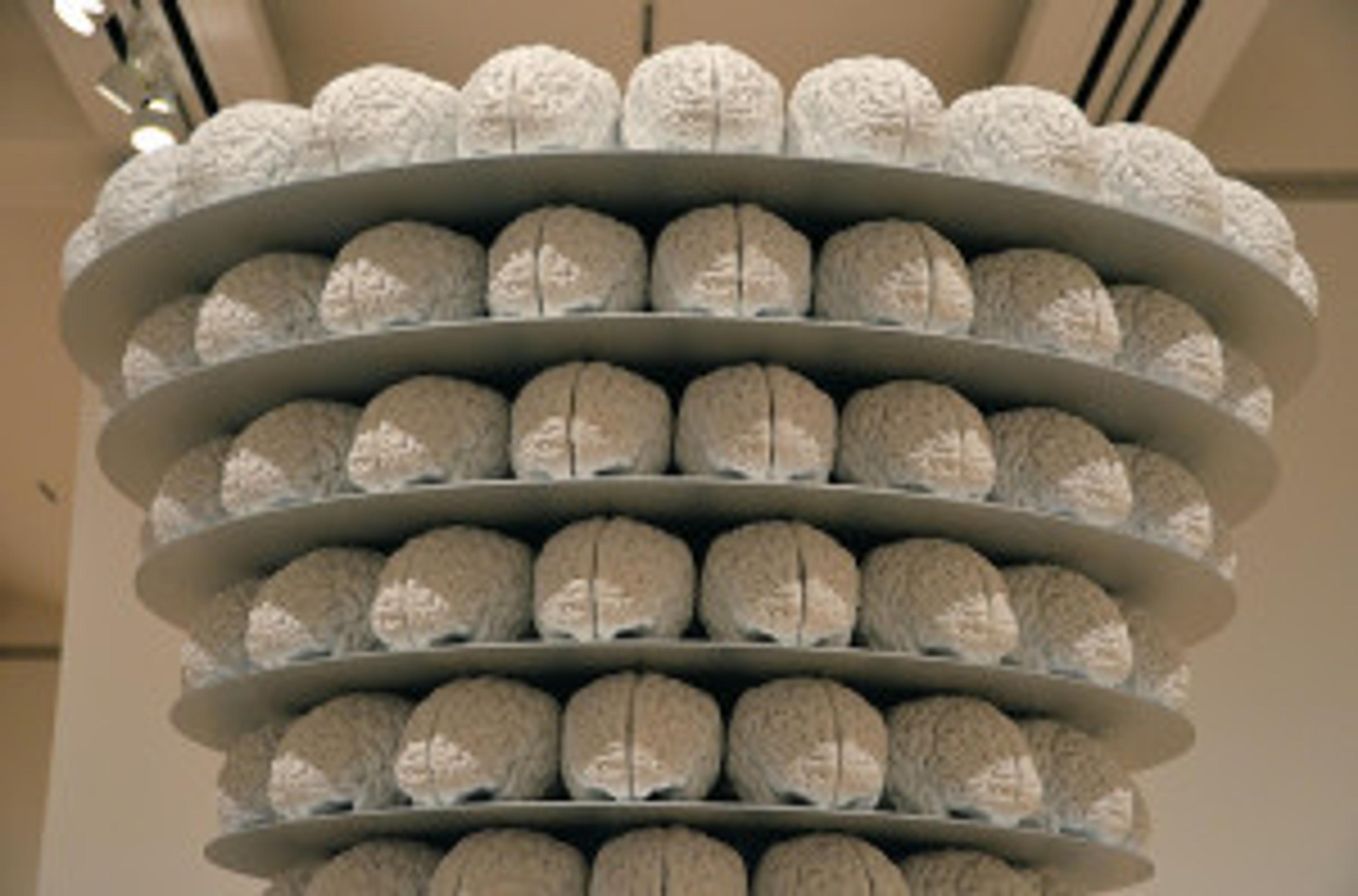Feed your mind: Diet and exercise for the brain

Mike Miller
| 3 min read

The brain. It’s sort of ironic that the part of our body responsible for our memories, and literally every other function of the human body, is often forgotten when it comes to how we take care of ourselves and the role it plays in our overall health.
Diet and exercise are key for our heart, lungs, muscles and bones. Why then do we seemingly forget to apply the same principles to our minds?
What we put into our bodies, how we use it and exercise it, is critical to how well it holds up as we get older. It should come as little surprise that our brains require similar maintenance. The good news is that diet and exercise are just as critical to brain health as they are to the health of the rest of your body.
In order to keep our brains as vital and as nimble as our bodies, an additional, albeit different, regimen of “diet and exercise” is required. You’ve heard the phrase “if you don’t use it, you lose it.” This is exactly how the brain works.
The brain thrives on new information and challenges and loves being “fed” a steady “diet”. These can take multiple forms. Try learning a new language, pick up a musical instrument, read books about new subjects that interest you, get your news from a different source, take classes or attend lectures, do crosswords and other mentally stimulating games. Engaging in complex and new concepts stimulates the brain and ensures that our minds stay sharp.
Socializing and maintaining social connections are also important to long-term brain health. Communicating with friends and family allows us to share in their experiences, maintain a sense of belonging and avoid isolation. This can be especially important for retirees, preventing a sense of “retirement from life” from setting in. Becoming involved in charity work, with social groups, sports and other organizations provide ample opportunities to develop new and stimulating relationships.
As great as all the physical and mental activity is for our brains, it’s equally important to slow down and take in a little quiet time. Our world is increasingly fast paced. Making an effort to slow down and reflect allows our brains to better process all of this information and activity, helping us to avoid feeling overwhelmed and stressed out while readying us for our next challenge. Meditation, yoga, prayer and spirituality: each provides the right kind of rest and relaxation for the mind.
Practicing and applying these fairly simple concepts along with a regular program of diet and exercise slows down both our mental and physical aging process, and can keep us feeling great well into our golden years. As with diet and exercise geared towards our bodies, it’s never to late to start for our minds.
Photo credit: afagen





